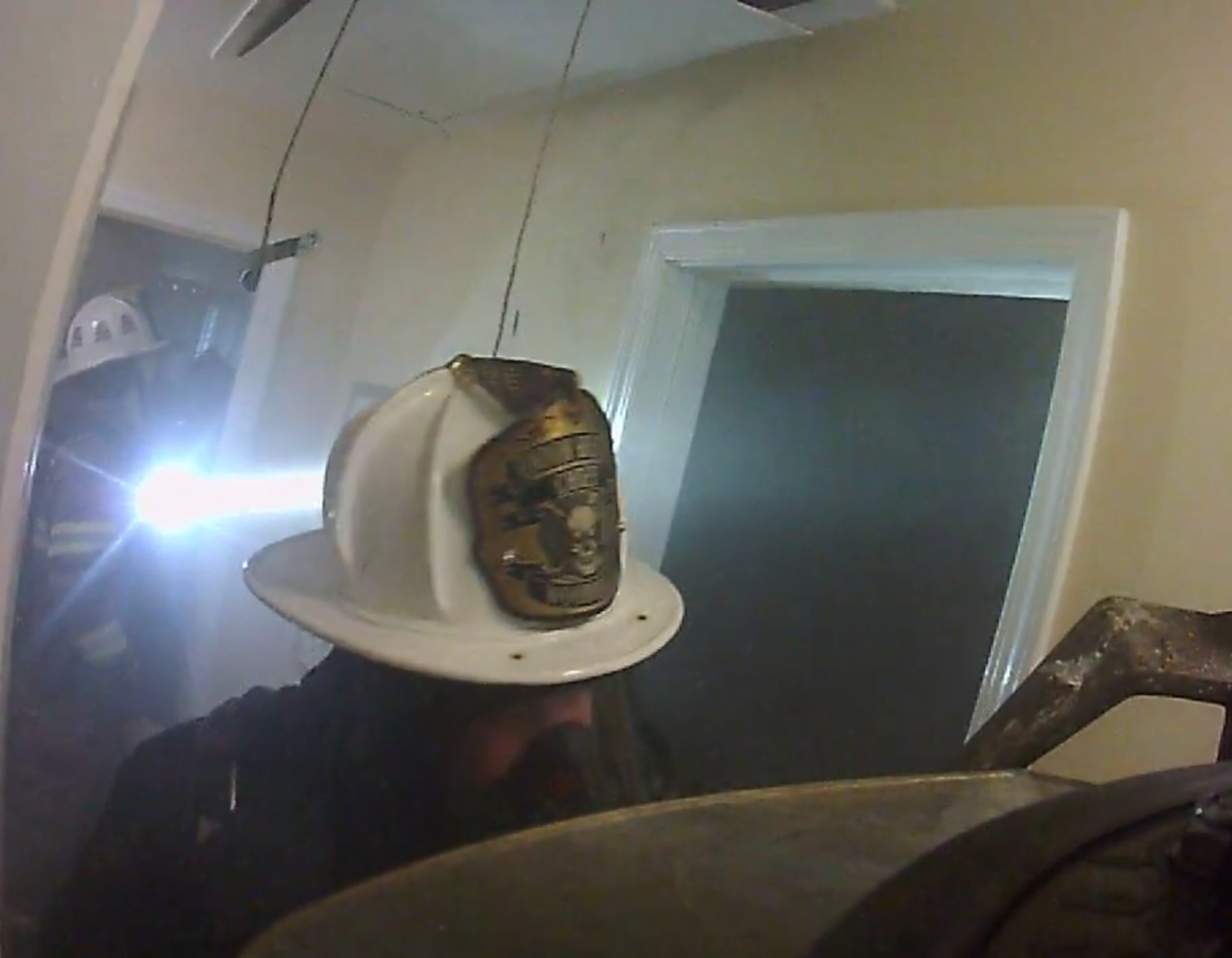Preparing For the Worst, Hoping For the Best
- Robert Woodhead

- Jun 19, 2015
- 2 min read
As children, we are taught to think for ourselves. We are taught subject matter, quietly, in a classroom setting. We do our homework alone before we can go hang out with our friends. And then, we are tested in a silent atmosphere. I would have never thought I would be involved in a career that would have me thinking, learning, teaching, and doing things as a group, team, or platoon. This career is unique, and it takes a special person to accept the calling.
So what are some important job functions we need to do as a team?
In the academy, I was told the only two things we do as an individual in this career is put on our bunkers, and use the restroom. Quite frankly, I’ve been in situations where both of these have been falsified. But only because I’m in the company of my brothers. Only because they are family. And as family, we need to watch each other's backs. We need to warn each other of the dangers, and the situations we are getting ourselves into. And as teams, we need to work together.

Many group topics come to mind, but one of the most overlooked is the planning stages of incidents prior to us ever receiving the call. Pre-planning our attacks as a company, should be done before the alarm ever sounds. We are looking for the dangers we’d have while in a non-emergent setting so as not to be surprised by them on the fireground. This way, they are already known when the fire comes in at 3:30 in the morning and the Grim Reaper is staring us in the face when we walk in the front door. Pre-plans are especially more important since the construction boom of the early 2000’s and lightweight frame is now becoming the norm, building after building. But just because the construction is becoming the same, are the hazards the same? Are the hazards the same today as they were back in the 80’s and 90’s, when some of these buildings were last inspected and walked thru by the 1st due company? Are the firemen that were involved back then still in your department today? Probably not…but that would be only one of many reasons why we should be walking through these buildings and knowing what’s inside prior to our initial dispatch. Fire inspections, building codes, and fire suppression/notification devices just fix the tip of the iceberg. Next time you go to an automatic fire alarm, or medical run in an unfamiliar building, give the maintenance guy a shout. Ask him to take the “nickel tour”. If not, it’s their right, but if you can, it could be the difference between yours or your crew-members’ life. Get out there, and go get it!
– The “Irons”



Comments